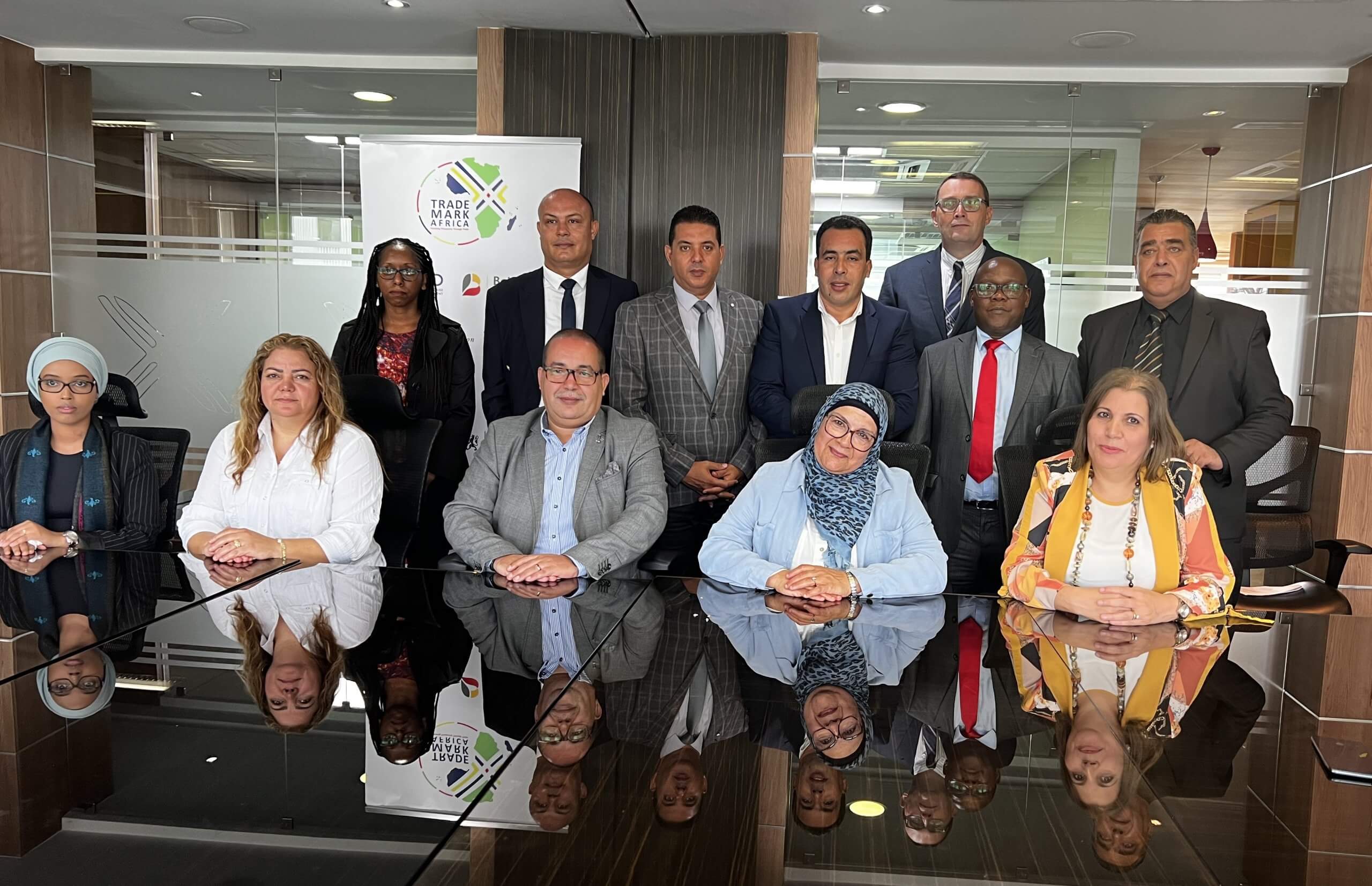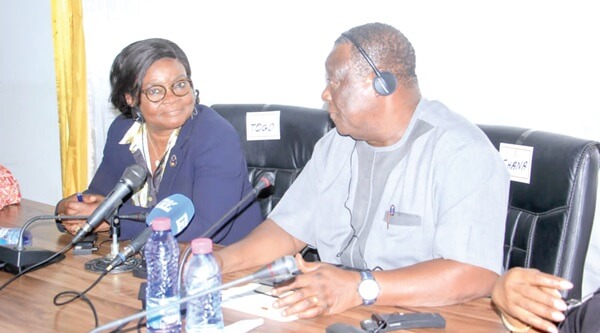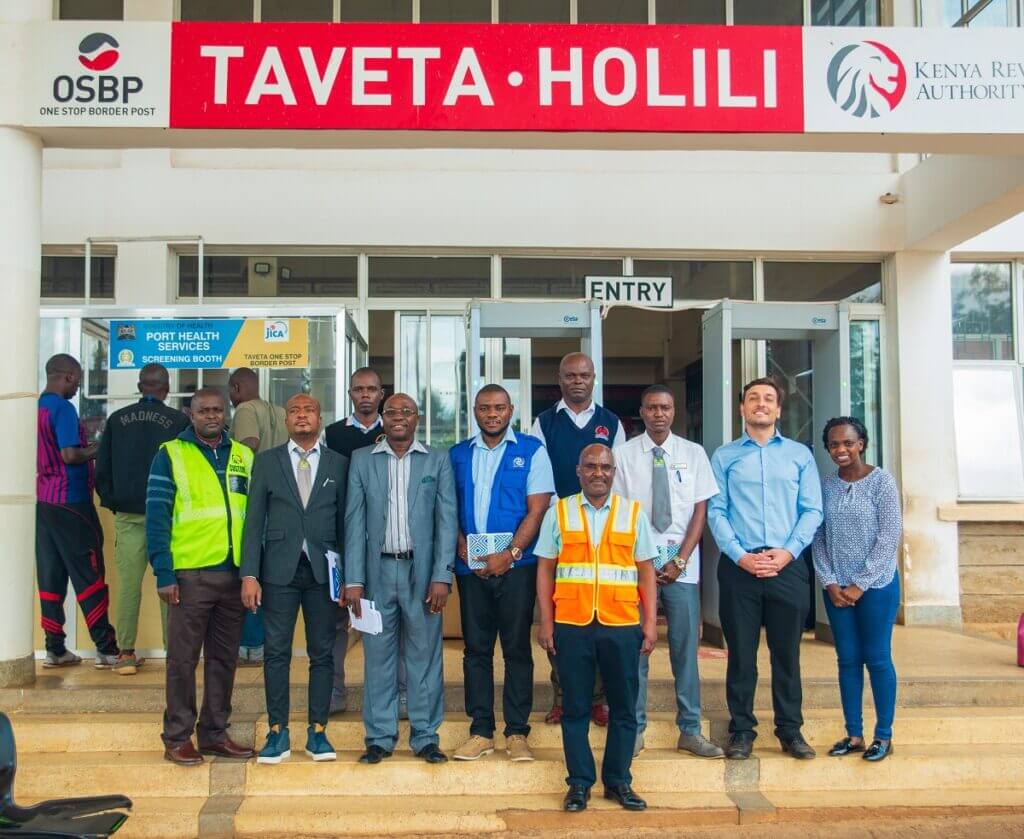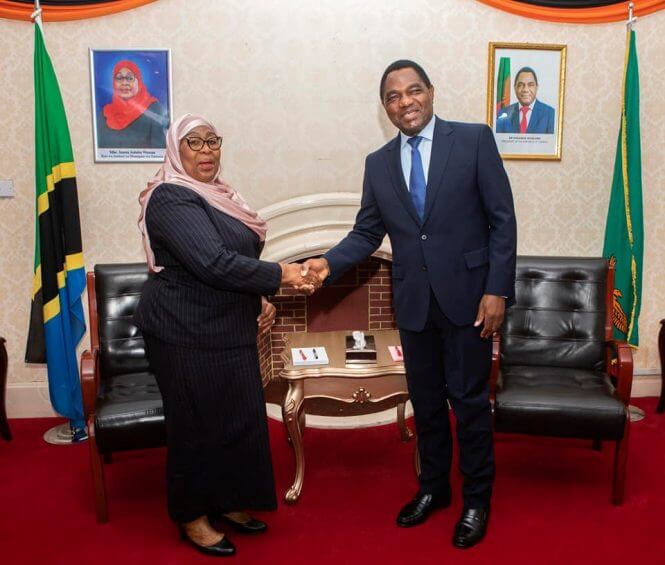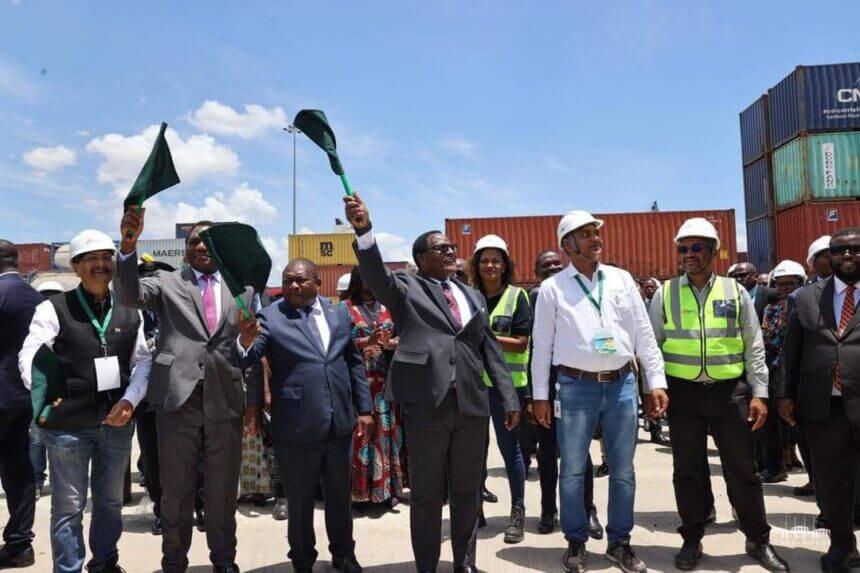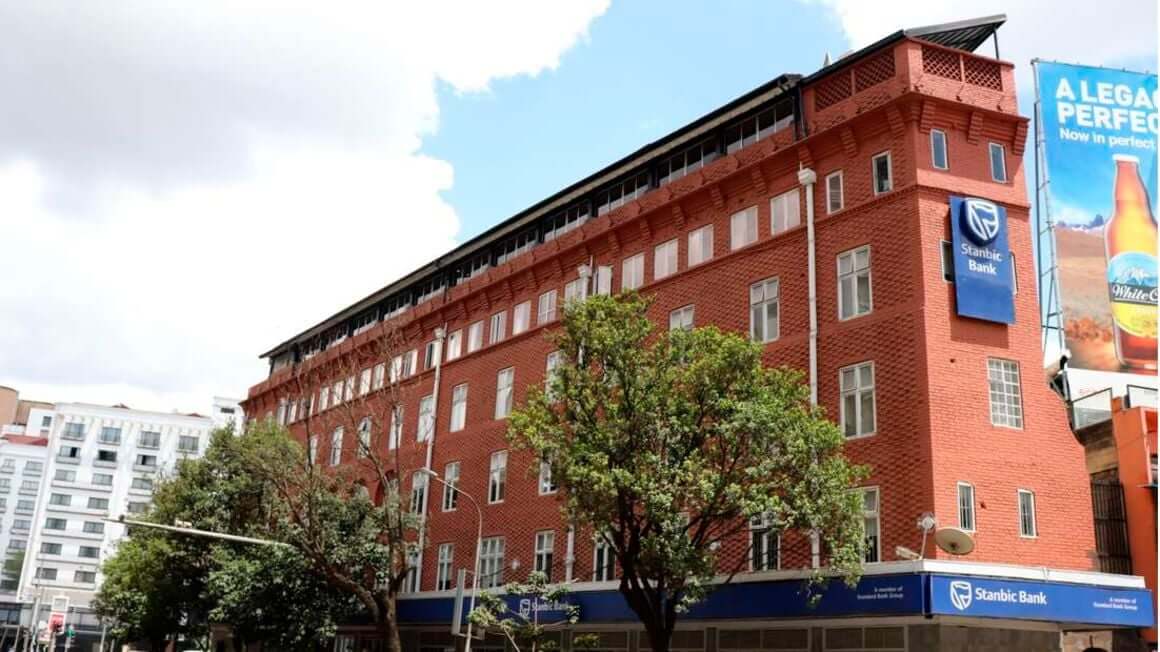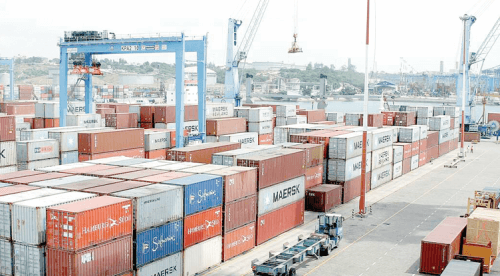TradeMark Africa (TMA) recently welcomed a high-level delegation of Tunisian Customs officials in Nairobi. The meeting focused on trade facilitation initiatives, eyeing potential future collaborations to connect the continent’s northern and southern regions. Alongside Tunisian Ministry for Trade and Export Development and a team from GIZ’s Support to Trade Agreements with Africa project, the delegation learned about TMA’s impactful infrastructure projects over the past 13 years, which have significantly reduced both the time and cost associated with trade. The talks also explored enhancing continental connectivity, using the corridor approaches for trade facilitation, and the principles of integrated and coordinated border management. TMA CEO Mr. David Beer briefed the delegation and highlighted TMA’s planned works in supporting trade that is not only inclusive but also green, particularly in its third strategic period 2023 to 2030. Benedict Musengele, TMA’s Director of Trade and Customs, emphasized the strategic advantage of linking North and South African trade corridors, noting Tunisia’s key role as a gateway to the European market. He highlighted that 90% of the countries TMA supports in the East African Community and Southern Africa are members of the Common Market for Eastern and Southern Africa (COMESA), to which Tunisia belongs. Additionally, the Tunisian delegation also met with various government agencies, including the Kenya Revenue Authority, a crucial partner in TMA’s initiatives like the integrated Customs Management System (iCMS) and the regional electronic cargo tracking system (RECTS) which are crucial to the integrated corridor management approach. Stefan Moses, an international trade expert and...
Tunisian customs and trade officials keen to establish ties with TradeMark Africa
Posted on: November 10, 2023
Posted on: November 10, 2023

